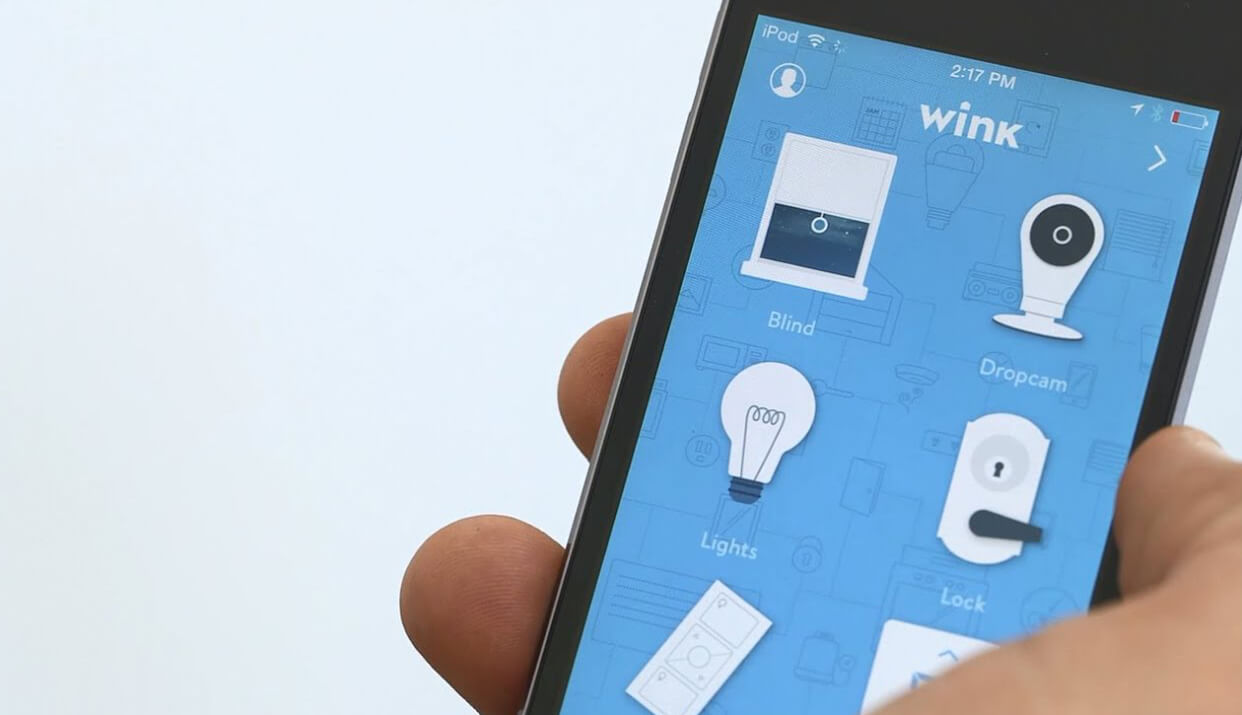A hot potato: Wink has managed to tick off many users by swiftly shifting its business model: either pay a mandatory $4.99 monthly fee or lose access to the devices you've already paid for. Oh, and you only have one week to decide.

Smart home device maker Wink set off a firestorm of criticism this week with its announcement that it would soon be moving to a mandatory subscription model.
Up to this point, Wink has relied solely on the one-time fee derived from the sale of its hardware at the time of purchase. Long-term costs and recent economic events, however, have put additional strain on the business. Rather than sell user data to the highest bidder, Wink has decided to go the subscription route.
Wink’s new subscription service is priced at $4.99 per month and was “designed to be as modest as possible.” The company said users’ support will enable them to continue providing the functionality they’ve come to rely on and focus on accelerating new integrations and app features.

What’s the big deal, you ask?
Well, Wink is giving customers just one week to make a decision. Starting May 13, users will either need to agree to the mandatory $4.99 monthly fee or lose access to the devices they’ve already purchased. Automations will also go dark on this date unless you sign up.
Predictably, the move is going over about as well as any reasonable person could expect. And by that, I mean users are quite upset at the suddenness of it all. Many feel that by giving just one week’s notice, Wink is exposing that they are in a dire situation.
https://www.techspot.com/news/85142-wink-issues-ultimatum-agree-mandatory-subscription-or-shut.html